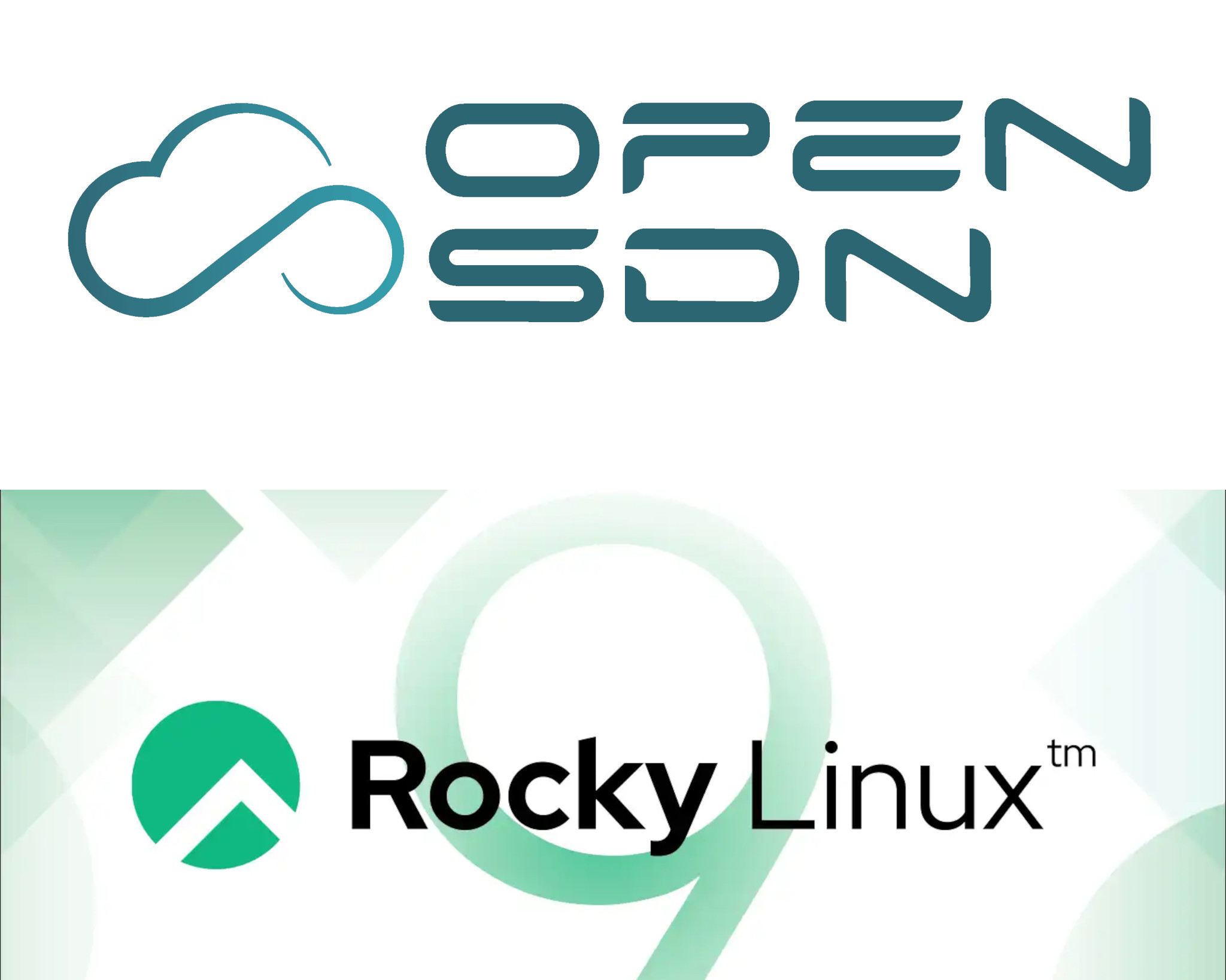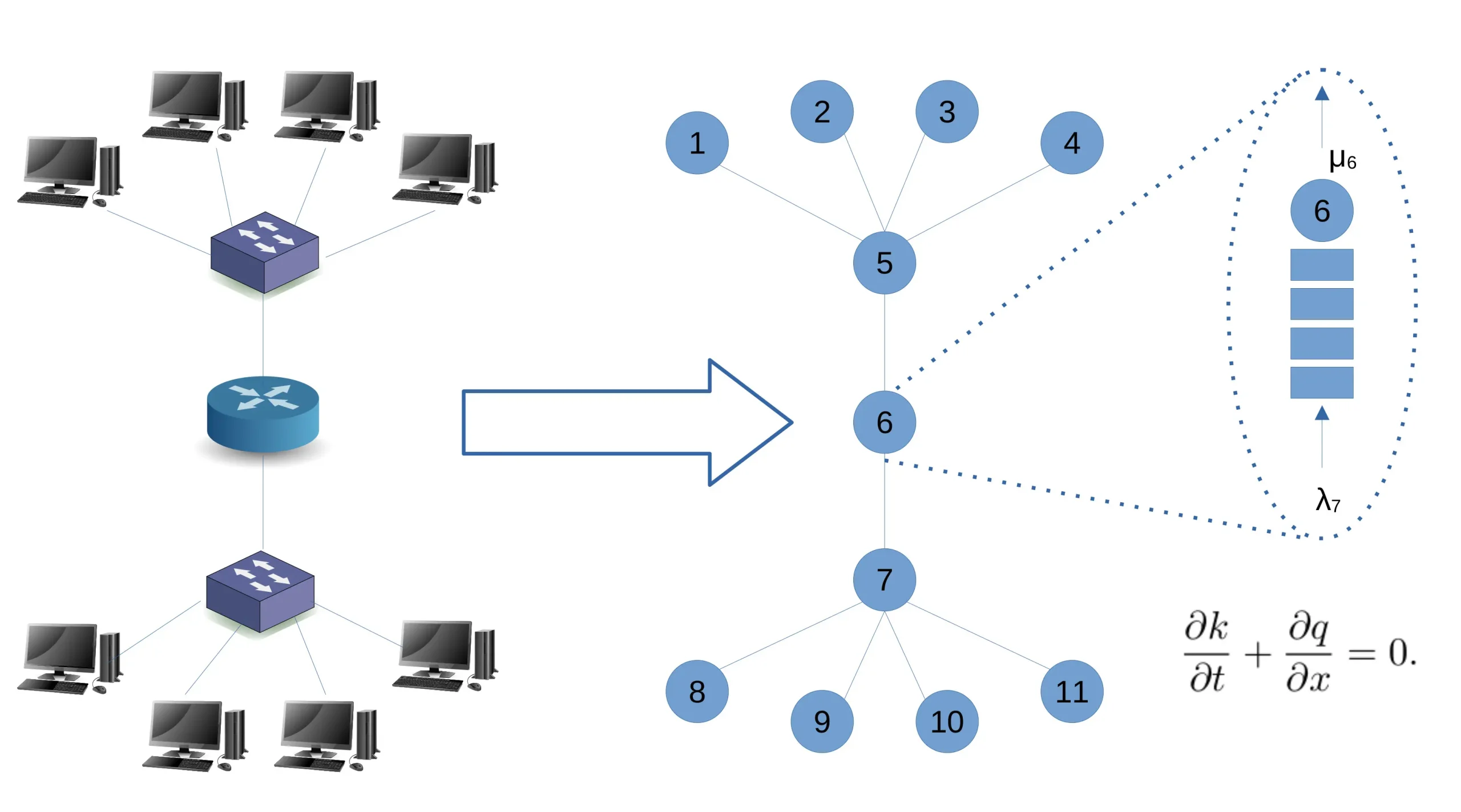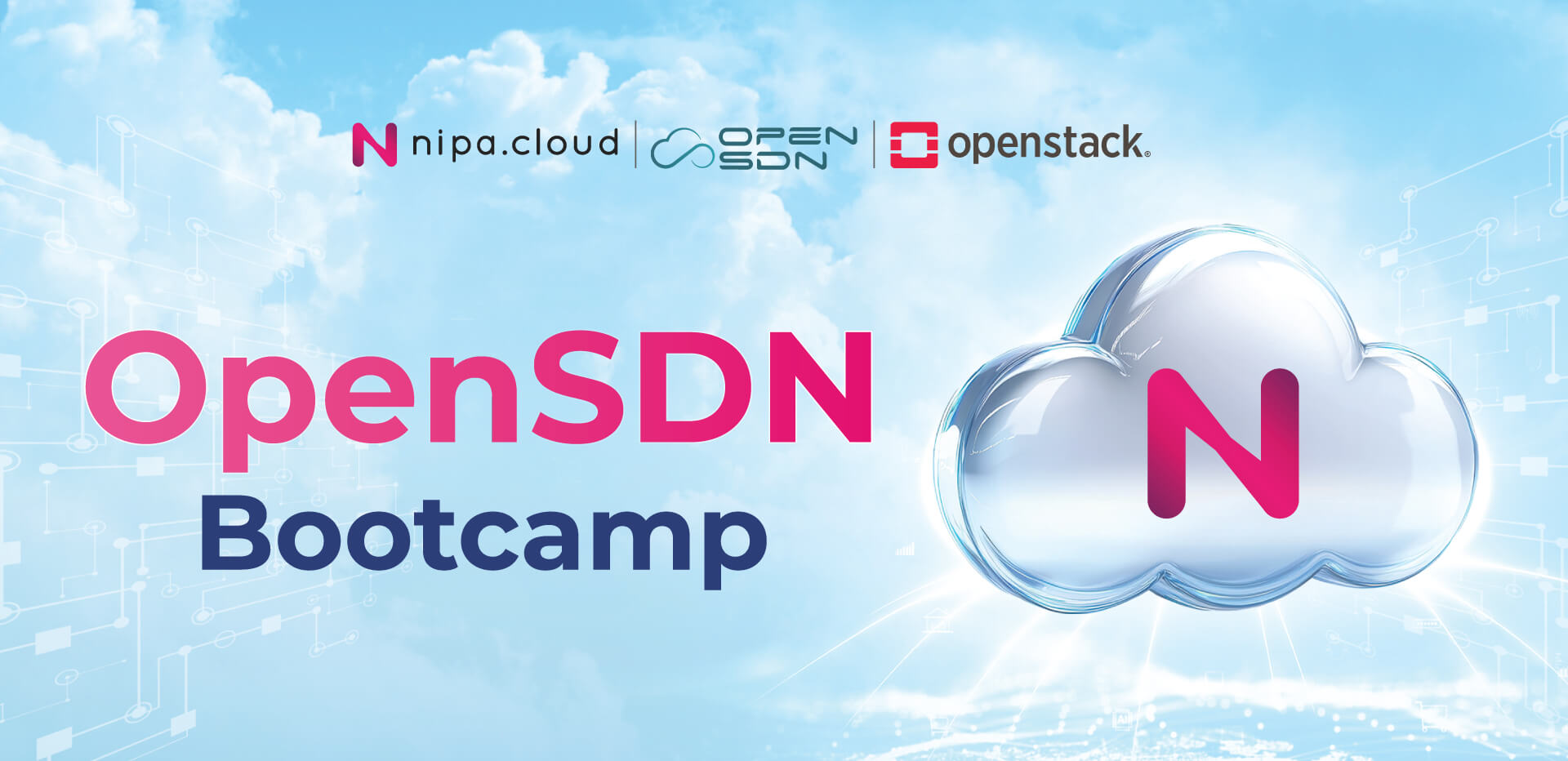August 26, 2025, marks perhaps the most significant milestone in the life of the young OpenSDN platform (https://github.com/OpenSDN-io) and its community.
Progmatic Lab (https://progmaticlab.com/) has completed the transition of the project’s building system from CentOS 7 to Rocky 9 Linux (https://rockylinux.org/). This enormous undertaking was carried out by Anastasia Nappelbaum and Andrey Pavlov from Progmatic Lab and includes approximately 300 commits with literally tens of thousands of lines of code.
The new images have been published on hub.docker.com (https://hub.docker.com/u/opensdn), tagged as nightly-rocky9-latest.
What does this mean?
- Modern third-party libraries can now be used: fresh versions of Cassandra, boost, oneTBB, bind9, pugixml, and others contain faster algorithms and safer code organized using more effective patterns.
- Support for modern language versions: it is now possible to use modern versions of C/C++/Python/JavaScript languages, in which the main components of OpenSDN are written.
- Modern Linux kernel support: the platform now supports modern Linux kernels (at least up to 6.15).
- Educational applications: the project can be used to teach students modern foundations of network virtualization.
- Foundation for future improvements: this transition paves the way for further enhancement of OpenSDN’s reliability and performance.
Join the project’s Telegram group (https://t.me/tungstenfabric_ru and QR Code) to:
- ask contributors or the community for assistance;
- share your experience;
- influence the ways the project evolves.




